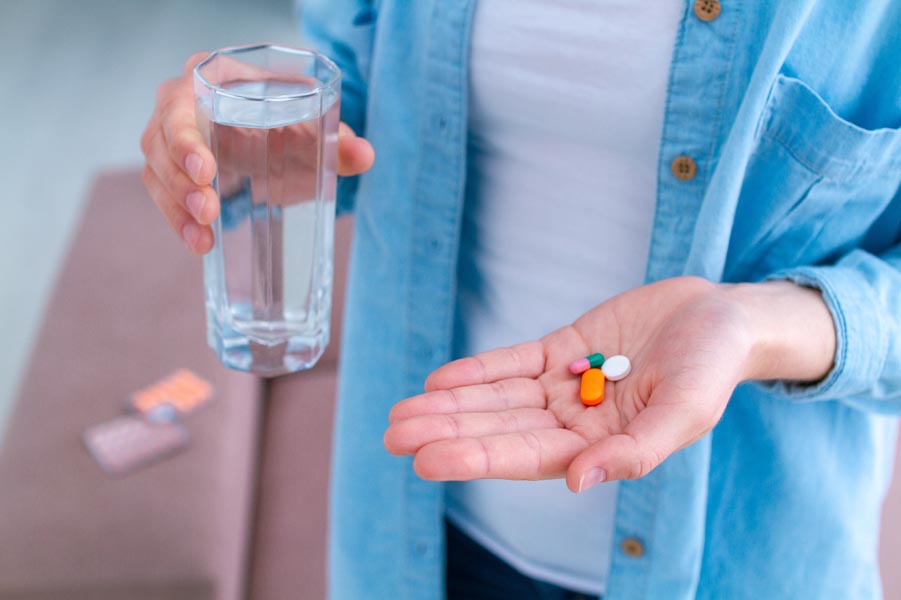
- HealthyTo100
- November 28, 2024
Are You Taking Too Much Vitamin D? The Dangerous Signs of Toxicity Nobody Talks About
We often hear about the importance of vitamin D, especially for bones, immunity, and mood. But here’s a lesser-known fact: too much vitamin D can actually be harmful. While vitamin D deficiency is more common, the risks of vitamin D toxicity are often overlooked, despite the rise in high-dose supplements.
Why Can Too Much Vitamin D Be Dangerous?
Vitamin D helps the body absorb calcium, which is critical for healthy bones and muscles. But in excess, vitamin D can lead to hypercalcemia, or too much calcium in the blood. This condition can cause a range of issues, from mild discomfort to serious health risks.
Recognizing the Signs of Vitamin D Toxicity
Unlike other vitamins that the body can flush out, vitamin D is fat-soluble, meaning it builds up in fat tissue and lingers longer in the system. Here are some signs of vitamin D toxicity that often go unrecognized:
- Nausea, Vomiting, and Appetite Loss
- Weakness and Fatigue
- Frequent Urination and Thirst
- Bone Pain
- Confusion and Dizziness
How Much Is “Too Much” Vitamin D?
The recommended daily amount of vitamin D varies by age and health condition, but generally, adults need about 600-800 IU per day. For older adults or those with deficiency risks, the range might go higher. However, taking more than 4,000 IU per day without medical guidance increases the risk of toxicity, and some cases of toxicity have been reported at even lower amounts, depending on individual factors.
Causes of Vitamin D Overload
So, how do people end up with too much vitamin D? Here are some common causes:
- Some people take excessive vitamin D supplements, believing that “more is better.” In reality, balance is key.
- People who are low in vitamin D may be prescribed high doses for a short period, but continuing those high doses long-term without re-evaluation can lead to toxicity.
- Many fortified foods now contain added vitamin D, from milk to breakfast cereals. Combined with supplements, it’s easy to overshoot daily needs.
Tips for Safe Vitamin D Intake
Staying in the safe zone with vitamin D doesn’t have to be complicated. Here are some simple tips:
- Stick to Recommended Dosages:
Only take the amount recommended by your doctor. If you’re unsure, a daily multivitamin is usually safe and covers the basics.
- Get Your Levels Tested:
A blood test can confirm if your vitamin D levels are healthy. This can prevent both deficiency and toxicity.
- Combine with Calcium Carefully:
If you’re taking both vitamin D and calcium, keep an eye on calcium intake, as the two work together and can exacerbate high calcium levels.
- Don’t Double Up:
If you consume fortified foods regularly, consider reducing supplement dosage or eliminating it on days you eat fortified products.
Conclusion
While vitamin D is vital, more isn’t always better. Too much can lead to symptoms that seem unrelated or might be mistaken for other health issues. Staying mindful of your intake, especially with supplements, can keep you in the safe zone and help you enjoy the true benefits of vitamin D—without the risks of overdoing it.